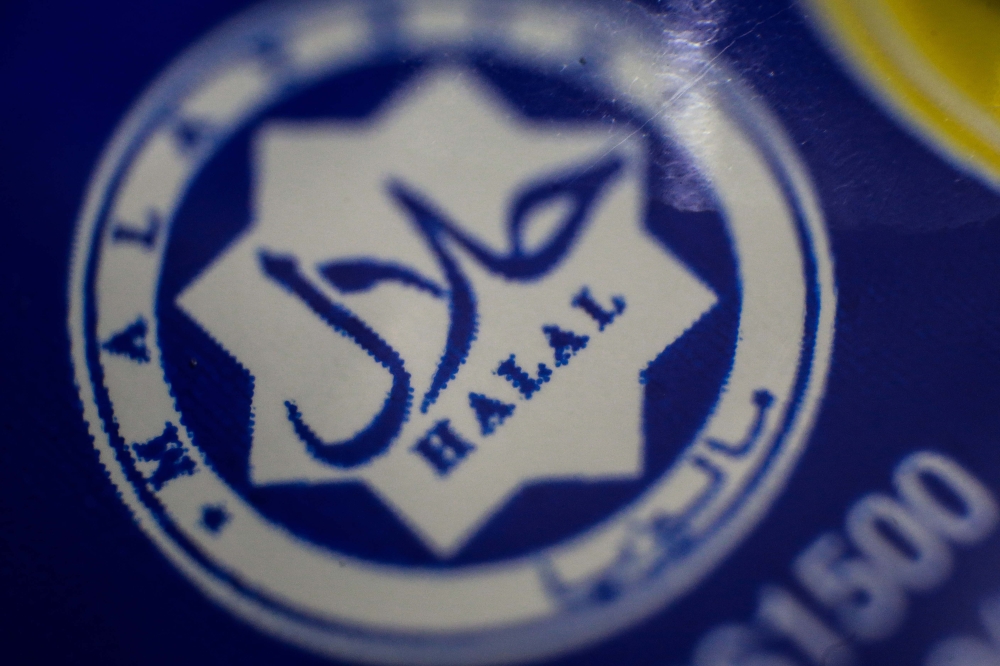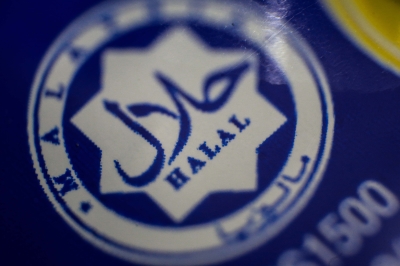JANUARY 29 — Almost 20 years ago, in a case where the accused, a company, pleaded guilty to a charge of having illegally affixed a specified halal certification mark without approval of the Islamic authority on a packet of chicken nuggets contrary to the law, the trial judge imposed a sentence of fine almost the maximum fine under the law.
The facts of the case were straightforward. Sometime in August 2005, an employee of the Islamic authority found a few packets of chicken nuggets with the halal certification on the packaging in the course of a random inspection at a workers’ canteen.
The chicken nuggets had been labelled under a brand by the accused. It was later ascertained by the Islamic authority employee that approval for the halal certification had not been issued for the products.
A week later, another employee of the Islamic authority found similar packets of chicken nuggets at a hypermarket. There were about 10 packets of chicken nuggets on display, all bearing the same brand name. One of these packets was taken by the employee as a sample and eventually constituted the central plank for the prosecution.
The Islamic authority wrote to the accused about its unauthorised usage of halal certification without the authority’s prior approval. The accused promptly responded by admitting that it had used the halal certification without the approval of the authority and issued a written apology to the authority the next day. The accused also immediately repackaged the chicken nuggets and destroyed all packaging illegally certified as being halal.
The accused explained that it was one of the accused’s employees, a newcomer to the job, who incorrectly affixed the halal certification mark to the packaging of the chicken nuggets. It was a pure oversight, which was accepted by the prosecution.

An undated file photograph shows the halal logo on product packaging in Kuala Selangor. — Picture by Sayuti Zainudin
Be that as it may, insofar as the Muslim community was concerned, the products in question were, in fact, halal. The only transgression by the accused was in its failure to obtain the Islamic authority’s approval for the use of the halal certification on its products.
In assessing the appropriate sentence, the learned trial judge took into account the following considerations. First, he determined that the paramount consideration in sentencing was the public interest. In his view, public interest warranted a stiff sentence in the case as it was the legislature’s intent that the law be a primary signal to the public in general and the Muslim community in particular that it viewed the regulation of the halal certification with seriousness.
Moreover, being a multicultural and multiracial nation, there was a prevailing need to be sensitive towards the practices of all racial and religious communities.
Secondly, the judge was also of the view that specific and general deterrence was necessary to discourage further transgressions by the accused as well as other companies who might be tempted to cut corners given the increasing Muslim consumers market.
Thirdly, the learned trial judge found that the overriding need to protect the public interest overshadowed the significance of the accused’s plea of guilt.
Finally, the learned judge emphasised what he considered to be several aggravating circumstances. One of these was that the offending packets of nuggets had been placed on sale at a well-patronised hypermarket, thereby misleading a large sector of the Muslim community into wrongly assuming that these packets had been duly certified by the Islamic authority.
The learned judge felt it was also relevant that although the ultimate prosecution was in respect of only one packet of nuggets, the number of packets that had been placed on sale to begin with was “not small”.
The accused appealed to the High Court against the sentence imposed by the learned trial judge.
The learned High Court judge agreed with the learned trial judge that the public interest revolving around halal certifications was important to the Muslim community, and that the multiracial and multicultural composition of the country required sensitivity to the practices, religions and customs of all communities.
Accordingly, transgressions pertaining to halal certifications could be dismissed lightly. The Muslim consumers must never be placed between the horns of dilemma in having to second-guess the authenticity of halal certifications whenever they are employed. The learned High Court judge unequivocally endorsed the learned trial judge’s eloquent exhortation on the imperatives of ensuring vigilance and in preserving the fabric of a multicultural and multiracial society.
The learned High Court also considered that the legislature had deemed it fit that the religious sensitivity or welfare of the general public should warrant a high standard of care by all those engaged in the particular activities.
The learned High Court judge said:
“Parliament views halal certification as an issue of vital importance. Businesses that profit from selling food products to Muslim consumers must bear the concomitant rigorous responsibility and burden of ensuring that they comply with the necessary regulations; these include obtaining the prior approval of [the Islamic authority] to affix halal certification to their products. It follows that … appropriate punishment must be unflinchingly meted out to an offender … in order to encourage greater vigilance to prevent the commission of the prohibited act.”
The learned High Court upheld the salutary purpose of the halal certification regime – that is, to ensure that Muslim consumers do not mistake non-halal for certified halal food products.
Be that as it may, the learned High Court judge was of the view that there were mitigating factors that warrant the appellate court to disturb the sentence of the lower court. The first and most important factors were the plea of guilt and the remedial steps taken by the accused. On the latter, the learned High Court judge said:
“In the present appeal, the [accused] was not acting in wilful and blatant disregard of its obligations under the law. The transgression in question was a complete oversight. Upon learning of its blunder, a written apology was issued immediately and unreservedly. The [accused] ventured even further: it took remedial steps to ensure that the offending stock was no longer displayed or sold.
“Both the apology issued within 24 hours of being contacted by [the Islamic authority], as well as the accused’s plea of guilt, ought to carry some force with the court. If, as the learned trial judge said, the paramount consideration in this case is the offence that it has caused the Muslim community, then the [accused]’s apology and explanation should serve amply to assuage the community’s concerns and reassure it that no harm was intended, no harm was de facto inflicted as the chicken nuggets were in fact halal and that the incident will never be repeated.”
Accordingly, the High Court allowed the accused’s appeal against sentence and reduced the fine to one-fifth of the maximum sentence of fine. (See Angliss Singapore Pte Ltd v Public Prosecutor [2006] SGHC 155)
What can be gleaned from the above?
1. Both courts view the regulation of the halal certification with seriousness. In a multireligious, multiracial and multicultural nation, there is a prevailing need to be sensitive towards the practices of all racial and religious communities.
2. The following must carry some force – that is, that:
- the offender was not acting in wilful and blatant disregard of his obligations under the law;
- any transgression was a complete oversight;
- upon learning of a blunder, a written apology was issued immediately and unreservedly; and
- remedial steps were taken immediately.
3. Sincere and genuine expressions of remorse and apology are mitigating factors which the court would consider before imposing a sentence.
If an offender is genuinely sorry and sincerely remorseful for his mistake, even the court will consider it before imposing an appropriate sentence.
Someone said: it takes a strong person to say sorry, and a stronger person to forgive.
If the two come together, it makes for the strongest nation.
* This is the personal opinion of the writer or publication and does not necessarily represent the views of Malay Mail.







